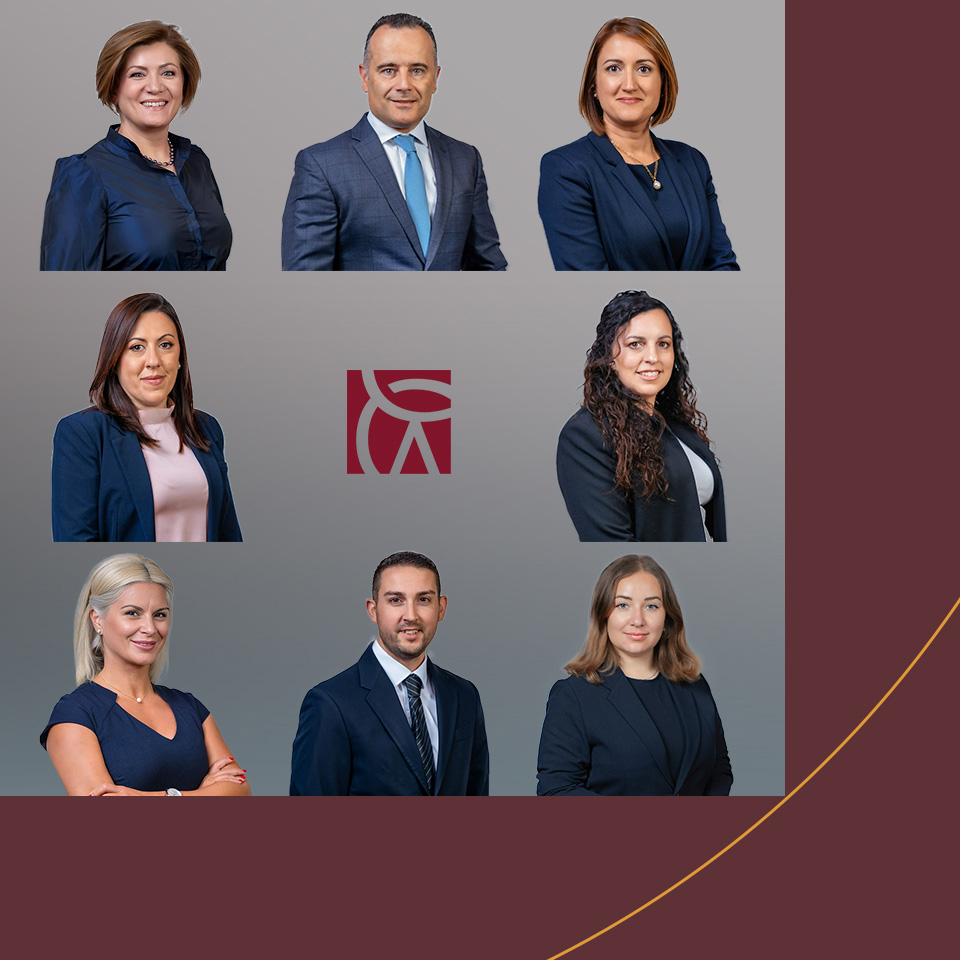An overview of the Malta Taxation of Resident non-Doms. Malta's remittance basis of taxation applies to persons: individuals and entities, resident in Malta for tax purposes. Malta Taxation of Resident non-Doms
Origins of Malta's Remittance Basis of Taxation
A legacy of the British influence and the Commonwealth legal system in Malta is the concept of remittance basis of taxation, forming a part of the Maltese tax system since the middle of the last century. The remittance-based tax system applies to persons (legal and natural entities) who are resident, but are not domiciled in Malta.
Defining "Residence" and "Domicile"
The concept of “Domicile” is not defined under the Income Tax Act, however it is deemed to be the place (country) which legal system gives the person its legal personality, and therefore means to be the jurisdiction under the laws of which the entity has been incorporated or established. Legal entities incorporated in Malta are deemed to be ordinarily resident and domiciled in Malta. Such companies are taxed on their worldwide income in Malta.
In accordance with the Maltese Income Tax legislation , a body of persons "resident in Malta" refers to "any body of persons the control and management of whose business are exercised in Malta, provided that a company incorporated in Malta on or after 1st July 1994 shall be resident in Malta and any other company incorporated in Malta shall be resident in Malta from 1st January 1995 where the management and control of the business of the company is exercised outside Malta". Subsequently, entities incorporated outside of Malta are deemed to be resident, but not domiciled in Malta if the place of its effective management and control is in Malta.
15% Remittance Based Taxation
Individuals who take residency in Malta may benefit from a Special Tax Status, subject to meeting the prescribed criteria of the respective programs. Beneficiary of Special Tax Status in Malta is taxed on the remitted income in Malta at a flat rate of 15%.
The Residence Programs Rules, the Malta Retirement Program Rules or the Global Residence Program Rules stipulate a beneficiary shall benefit from the Special Tax Status, subject securing a qualifying residential property in Malta, settling a minimum annual tax and meeting the remaining formalities as per each of the prescribed Rules.
The standard
In accordance with the Maltese Income Tax Act, legal entities domiciled and ordinarily resident in Malta are subject to corporate tax at the rate of 35% on their worldwide income and gains. Entities incorporated outside of Malta carrying out business activities in Malta are subject to tax in Malta only on the income arising in Malta (non-resident, and non-domiciled companies). Entities resident, but not domiciled in Malta are subject to a corporate tax at 35% on the remitted income, and the local source income and capital gains.
Individuals on the other hand, are taxed at the standard rates 0%-35% progressive tax rates. Exception to these tax rates would apply in instances when the individual is a beneficiary of a Special Tax Status.
Limitations on Malta' Remittance Basis of Taxation
Malta introduced limitations on the remittance basis of taxation, as it can be seen with The Residence Program Rules (TRP Rules) and the Global Residence Programs Rules (GRP Rules).
A beneficiary of Special Tax Status under TRP Rules and GRP Rules, shall cease to benefit from this beneficial tax treatment should s/he applied for or was granted with a right for permanent residence (TRP Rules) or Long Term Residence (GRP Rules). Such individual shall be taxable on a worldwide basis at the standard tax rates for individuals.
Malta Taxation of Remittance of Income
Under the Income Tax Act, Individuals who are residents of Malta, but are not domiciled in Malta will only be taxed on their foreign source income insofar it is remitted (or used) to Malta. The income generated outside of Malta, which is not remitted nor used in Malta is outside of scope of the Maltese tax.
Non-Malta Taxation of Remittance of Capital Gains
The general rule stipulates that foreign sourced Capital and foreign Capital Gains are not subject to tax in Malta. Only exception to this rule applies when the remitted capital / capital gains by an individual are being used for the purpose of everyday living expenses, insofar the individual has income arising outside of Malta during the year in question.
Non-Dom Taxation of Passive Income
Domicile and Resident in the Maltese Personal Tax System
Malta owes the origins of its tax system to its historical roots as a UK colony between 1800 and 1964. As a result, our personal tax system is one based on the concept of residence and domicile as the criteria determining the extent of a person's personal taxation in Malta. In the absence of a definition of “residence” and “domicile” under Maltese law, Malta relies on the meaning assigned to them under UK Common Law.
Persons born in one country are presumed to be domiciled there unless they can prove a change in residence intended as permanent. Spouses and under-age children assume the domicile of the husband/father.
A person is considered tax resident in Malta at law if he is not a temporary resident and has showed an intention to remain permanently or has actually resided in Malta for 183 days. A permanent residence permit is sufficient evidence of one's tax status in Malta irrespective of the duration of one's residence in Malta.
Remittance basis of taxation
Persons resident but not domiciled in Malta are subject to tax in Malta on a remittance basis. This means that they are subject to tax in Malta only on foreign income received in Malta and not on foreign source income not remitted to Malta or on capital gains arising outside.
Non-Domiciliations
The Maltese Income Tax Act retained the British notion of the distinction between income and capital gains, taxing only the former and the latter only in specific circumstances. In the absence of a definition of “residence” and “domicile” under Maltese law, Malta relies on the meaning assigned to them under UK Common Law. Foreigners may take up residence by declaring such intention within 3 months of arrival in Malta, following the requisite formalities, or alternatively by taking up employment in Malta.
Remittance only basis of tax
Non-domiciled foreign holders of a PR permit in Malta are taxable on a remittance basis only on income and not foreign source capital remitted to Malta and on income and capital gains arising in Malta.
Copyright © 2025 Chetcuti Cauchi. This document is for informational purposes only and does not constitute legal advice. Professional legal advice should be obtained before taking any action based on the contents of this document. Chetcuti Cauchi disclaims any liability for actions taken based on the information provided. Reproduction of reasonable portions of the content is permitted for non-commercial purposes, provided proper attribution is given and the content is not altered or presented in a false light.








